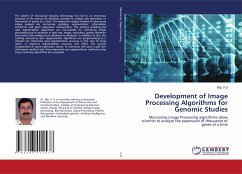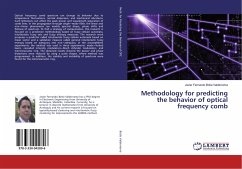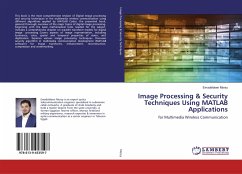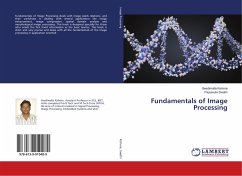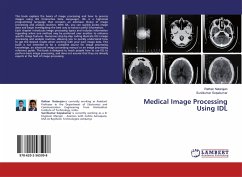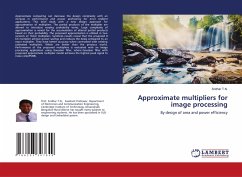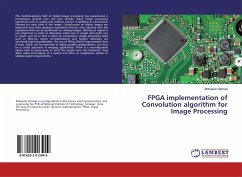The advent of microarray imaging technology has led to an enormous progress in life sciences by allowing scientists to analyze the expression of thousands of genes at a time. The important stages involved in microarray image analysis are microarray gridding, segmentation, information extraction and gene expression computation. The existing gridding and spot segmentation algorithms are not suitable for microarray image processing due to variation in spot size, shape, resolution, spatial deviation and noise in the images from database to database. In addition to this, the existing microarray spot segmentation algorithms use preprocessing as a solution for improving spot segmentation accuracy in the case of noisy spots. It improves segmentation accuracy but affect the precise computation of gene expression values. To overcome this issue a grid line refinement method and three improved spot segmentation methods using fuzzy clustering algorithms are proposed.
The advent of microarr
The advent of microarr

